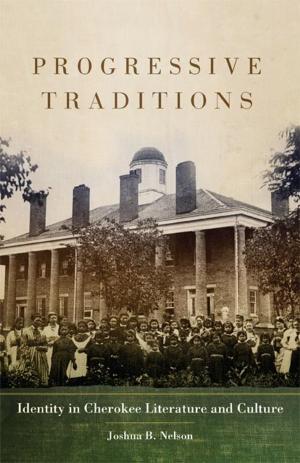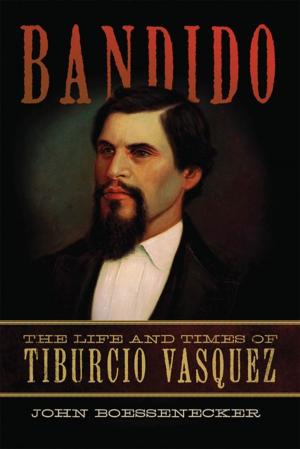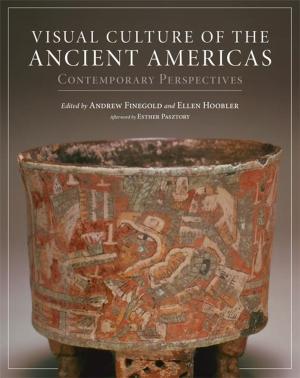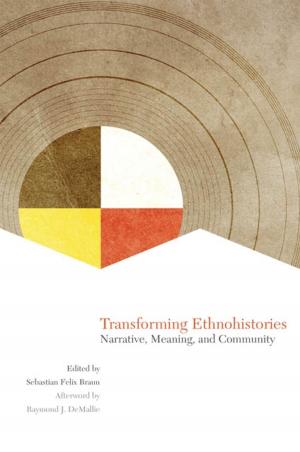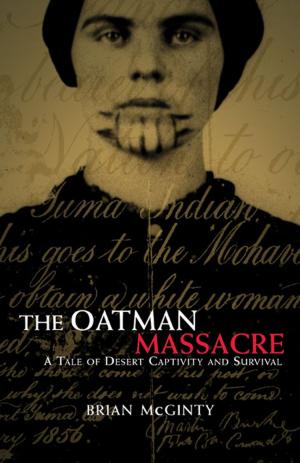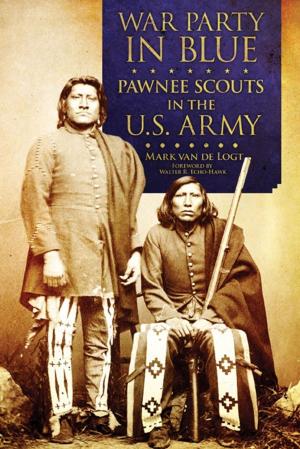Black Americans and the Civil Rights Movement in the West
Nonfiction, History, Military, Americas, United States| Author: | ISBN: | 9780806163482 | |
| Publisher: | University of Oklahoma Press | Publication: | February 14, 2019 |
| Imprint: | University of Oklahoma Press | Language: | English |
| Author: | |
| ISBN: | 9780806163482 |
| Publisher: | University of Oklahoma Press |
| Publication: | February 14, 2019 |
| Imprint: | University of Oklahoma Press |
| Language: | English |
In 1927, Beatrice Cannady succeeded in removing racist language from the Oregon Constitution. During World War II, Rowena Moore fought for the right of black women to work in Omaha’s meat packinghouses. In 1942, Thelma Paige used the courts to equalize the salaries of black and white schoolteachers across Texas. In 1950 Lucinda Todd of Topeka laid the groundwork for the landmark Supreme Court decision Brown v. Board of Education. These actions—including sit-ins long before the Greensboro sit-ins of 1960—occurred well beyond the borders of the American South and East, regions most known as the home of the civil rights movement. By considering social justice efforts in western cities and states, Black Americans and the Civil Rights Movement in the West convincingly integrates the West into the historical narrative of black Americans’ struggle for civil rights.
From Iowa and Minnesota to the Pacific Northwest, and from Texas to the Dakotas, black westerners initiated a wide array of civil rights activities in the early to late twentieth century. Connected to national struggles as much as they were tailored to local situations, these efforts predated or prefigured events in the East and South. In this collection, editors Bruce A. Glasrud and Cary D. Wintz bring these moments into sharp focus, as the contributors note the ways in which the racial and ethnic diversity of the West shaped a specific kind of African American activism. Concentrating on the far West, the mountain states, the desert Southwest, the upper Midwest, and states both southern and western, the contributors examine black westerners’ responses to racism in its various manifestations, whether as school segregation in Dallas, job discrimination in Seattle, or housing bias in San Francisco. Together their essays establish in unprecedented detail how efforts to challenge discrimination impacted and changed the West and ultimately the United States.
In 1927, Beatrice Cannady succeeded in removing racist language from the Oregon Constitution. During World War II, Rowena Moore fought for the right of black women to work in Omaha’s meat packinghouses. In 1942, Thelma Paige used the courts to equalize the salaries of black and white schoolteachers across Texas. In 1950 Lucinda Todd of Topeka laid the groundwork for the landmark Supreme Court decision Brown v. Board of Education. These actions—including sit-ins long before the Greensboro sit-ins of 1960—occurred well beyond the borders of the American South and East, regions most known as the home of the civil rights movement. By considering social justice efforts in western cities and states, Black Americans and the Civil Rights Movement in the West convincingly integrates the West into the historical narrative of black Americans’ struggle for civil rights.
From Iowa and Minnesota to the Pacific Northwest, and from Texas to the Dakotas, black westerners initiated a wide array of civil rights activities in the early to late twentieth century. Connected to national struggles as much as they were tailored to local situations, these efforts predated or prefigured events in the East and South. In this collection, editors Bruce A. Glasrud and Cary D. Wintz bring these moments into sharp focus, as the contributors note the ways in which the racial and ethnic diversity of the West shaped a specific kind of African American activism. Concentrating on the far West, the mountain states, the desert Southwest, the upper Midwest, and states both southern and western, the contributors examine black westerners’ responses to racism in its various manifestations, whether as school segregation in Dallas, job discrimination in Seattle, or housing bias in San Francisco. Together their essays establish in unprecedented detail how efforts to challenge discrimination impacted and changed the West and ultimately the United States.

